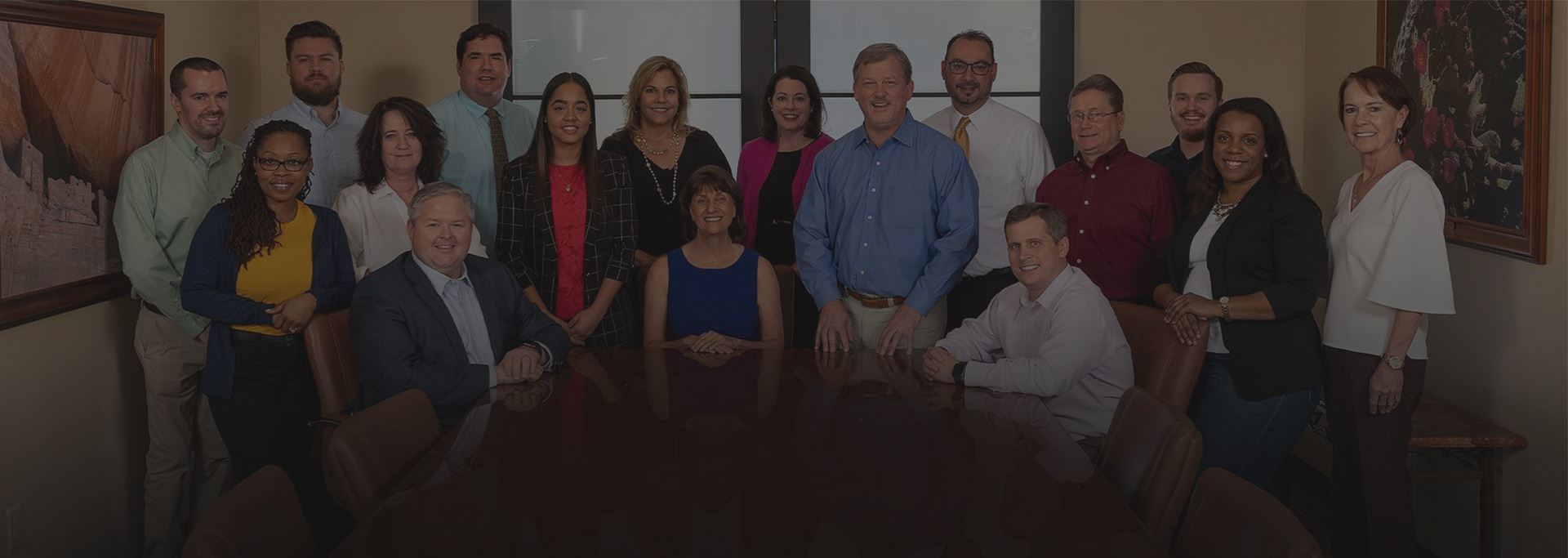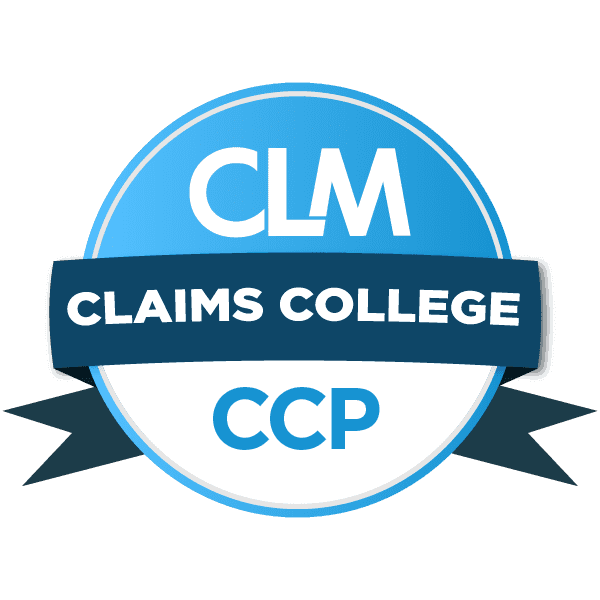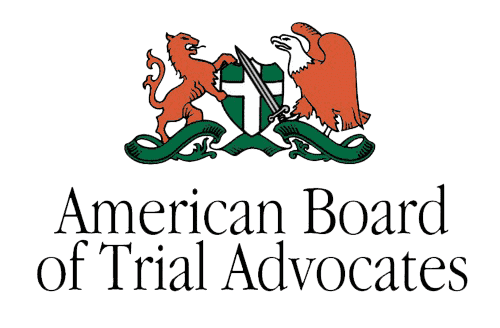
Other Forms of Alternative Dispute Resolution
Righi Fitch Law Group Provide Personalized & Cost-Effective Solutions
Whether you're a small business or a multinational enterprise, you need legal services that are focused and responsive to your needs. Civil liability defense cases can be incredibly complicated, and there is no one-size-fits-all answer to dispute resolution. With hundreds of years of combined experience, our attorneys are well-versed in many types of alternative dispute resolution (ADR). As a firm, we are committed to helping our clients find the legal solutions that best meet their needs.
To discuss your case with a lawyer experienced in ADR, contact our law firm at (602) 483-6352 or schedule an appointment online.
We never forget that each case is not the property of the firm; the case belongs to the client. Our lawyers are driven to act with the client's best interests in mind, and collaboration with the client is at the forefront of every decision we make. Righi Fitch Law Group proudly serves clients across Arizona, New Mexico, and Utah. We have been utilizing a wide range of ADR methods for the past three decades, and we are prepared to use our experience to help you with your case.
Keep reading to learn more about the following ADR methods:
- Arbitration
- Short trials
- Bench trials
- High/low agreements
- Interim liability agreements
- Assignments & consent judgments
- Informal settlement negotiations
Arbitration
As an alternative to formal litigation, arbitration has been a popular form of dispute resolution for decades. Arbitration is designed to reduce the length of time and expense of formal litigation. Typically, arbitration reduces the amount of discovery conducted by the parties and limits motion practice. Instead of a trial, you will attend an arbitration hearing. Arbitration is held in a more relaxed setting where the arbitrator hears testimony and reviews documents. The arbitrator issues a decision that can be reduced to a judgment by the parties.
It is not uncommon for contracts to stipulate arbitration as the required conflict resolution method. Arbitration is typically managed by a private entity, such as the American Arbitration Association (AAA). Associations like the AAA have robust procedural rules that govern the case management process.
Most state and federal courts have developed some form of an arbitration requirement. For example, in Arizona, cases that meet a certain threshold for damages are required to go through "compulsory arbitration," administered by a licensed attorney appointed by the Court. Private arbitration may be required by contract, or it may be chosen as the method of case resolution by agreement of the parties involved.
Short Trials & Bench Trials
Full-blown jury trials are expensive and time-consuming. Short trials offer an alternative for cases that need to be tried to a jury. A short trial is a condensed trial proceeding and can still be conducted with a judge and jury. Generally, the parties will agree to try the case on selected issues that cannot be resolved. For example, in cases where liability is undisputed, a short trial can be held to determine damages only. Short trials can often be completed in one day.
When the involved parties can agree to forego a jury trial, they may agree to present the case to a judge in a bench trial. Like short trials, bench trials simplify the trial process, greatly reducing the amount of time it takes to resolve the case. Bench trials typically take less than half the time of a jury trial, and some of the risks associated with an adverse jury verdict are eliminated. Additionally, some bench trial cases can be combined with a jury trial.
High/Low Agreements
High/low agreements are a tool that can be used in certain cases to eliminate the risk of an excess verdict while also protecting the plaintiff from a defense verdict. These pre-trial agreements limit the award of damages. A well-reasoned high/low agreement can provide each party a benefit after an arms-length negotiation.
In a high/low agreement, both an upper limit and a lower limit are set. For example, if one party is insured up to a certain amount, this amount may be set as the high limit. Then, the low limit can be placed at the minimum amount the opposing party can take to compensate them for the alleged injuries or other damages. This means that even if the jury awards a verdict above the agreed-upon high limit, the plaintiff can only take what is stipulated in the high/low agreement. However, if the jury awards a verdict in favor of the defense, the plaintiff will still receive the amount listed as the lower limit.
Interim Liability Agreements
These agreements, like high/low agreements, are pre-trial agreements. Interim liability agreements are made between co-defendants or second-tier defendants. They are designed to eliminate the need for parties on the same side to point the finger at each other. For example, suppose a manufacturer, supplier, and retailer are named defendants in a product liability suit. In that case, they can agree to what percentage of fault each defendant will assume in the event of a verdict that is in favor of the plaintiff.
Assignments & Consent Judgments
Assignments can be used to resolve a primary case without the need for a jury trial. They are especially helpful in situations where insurance coverage is disputed by the carrier. Assignments are common in tort cases involving personal injuries and product liability and contract cases involving construction defects.
Arizona has a unique legal mechanism called a Damron/Morris agreement. The plaintiff and defendant can enter this type of agreement to shift exposure from the named defendant to their insurance carrier. Damron/Morris agreements utilize a consent judgment that stipulates the value of the underlying case before the trial, a "covenant not to execute" that protects the defendant from personal exposure, and a legal "assignment of rights" from the defendant to the plaintiff. This allows the plaintiff to initiate a collection action against the involved insurance carrier.
Informal Settlement Negotiations
Informal settlement negotiations can be pursued at any time before and during a dispute. In all cases, counsel can engage in reasoned settlement negotiations with the opposing sides. The goal of these negotiations is to achieve a resolution that is favorable to the client.
It is important to remember that informal settlement negotiations are protected by a specific rule of evidence that prevents the opposing side from using written or oral statements made to advance settlement negotiations against the opposing party. This law allows both parties to freely engage in productive conversations aimed at resolving the dispute at hand.
The circumstances of your case will determine which method of ADR is best for you. Contact Righi Fitch Law Group at (602) 483-6352 to discuss your legal options.

A member of our team will be in touch shortly to confirm your contact details or address questions you may have.



Stay In The Know
-
 Read More
Read More -
 Read More
Read More -
 Read More
Read More








